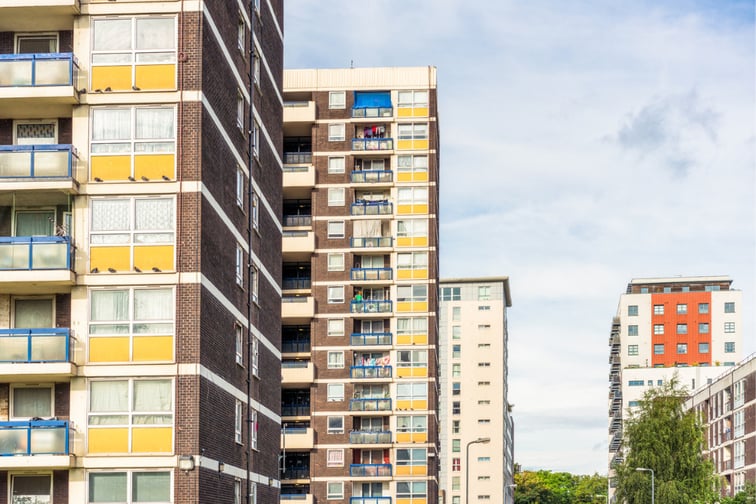

Owners of apartments with flammable cladding are facing an astronomical rise in insurance premiums in the aftermath of the Grenfell Tower tragedy, with some seeing prices jump nearly 800%.
The situation comes as many providers are hesitant to provide cover on their own, opting instead to share risks with other insurers. Others refuse to provide cover altogether.
The biggest rise in insurance was recorded at a block in Peckham, southeast London, where premiums rose a whopping 782% to £300,000 from £34,000 last year, the latest figures from the Association of Residential Management Agents (ARMA) revealed.
Another development in Paddington Walk, west London, saw premiums climb from £130,000 last year to £690,000 this year, according to a report by The Times. The building was constructed using flammable aluminium composite material and timber cladding.
AXA previously provided insurance for the whole development, but has now decided to cover only half, with the rest coming from a combination of a carriers, including AIG, Allied World, Aviva and Ecclesiastical. This arrangement has pushed up the annual service charge for each flat from £3,684 to £4,540.
“The rise in insurance costs for properties with combustible materials on the outside of the building, including cladding and insulation, is rational given the current risk and the declaration that some combustible materials are unfit for purpose,” a spokeswoman for the Association of British Insurers told The Times. “There is a clear responsibility on building owners and the government to step in and ensure these buildings have dangerous combustible materials removed as soon as possible to make sure people are safe in their homes.”
At present, there are about 700,000 residents living in blocks of flats taller than 18m clad in flammable materials, The Times reported. The government has allocated £1.6 billion to replace combustible cladding but critics say the amount covers only a fraction of the actual cost needed and the repairs are being carried out at a very slow pace.
Meanwhile, thousands of other residents live in blocks smaller than 18m. They are not eligible for government assistance and costs for the replacement of cladding fall on the shoulders of the leaseholders.
